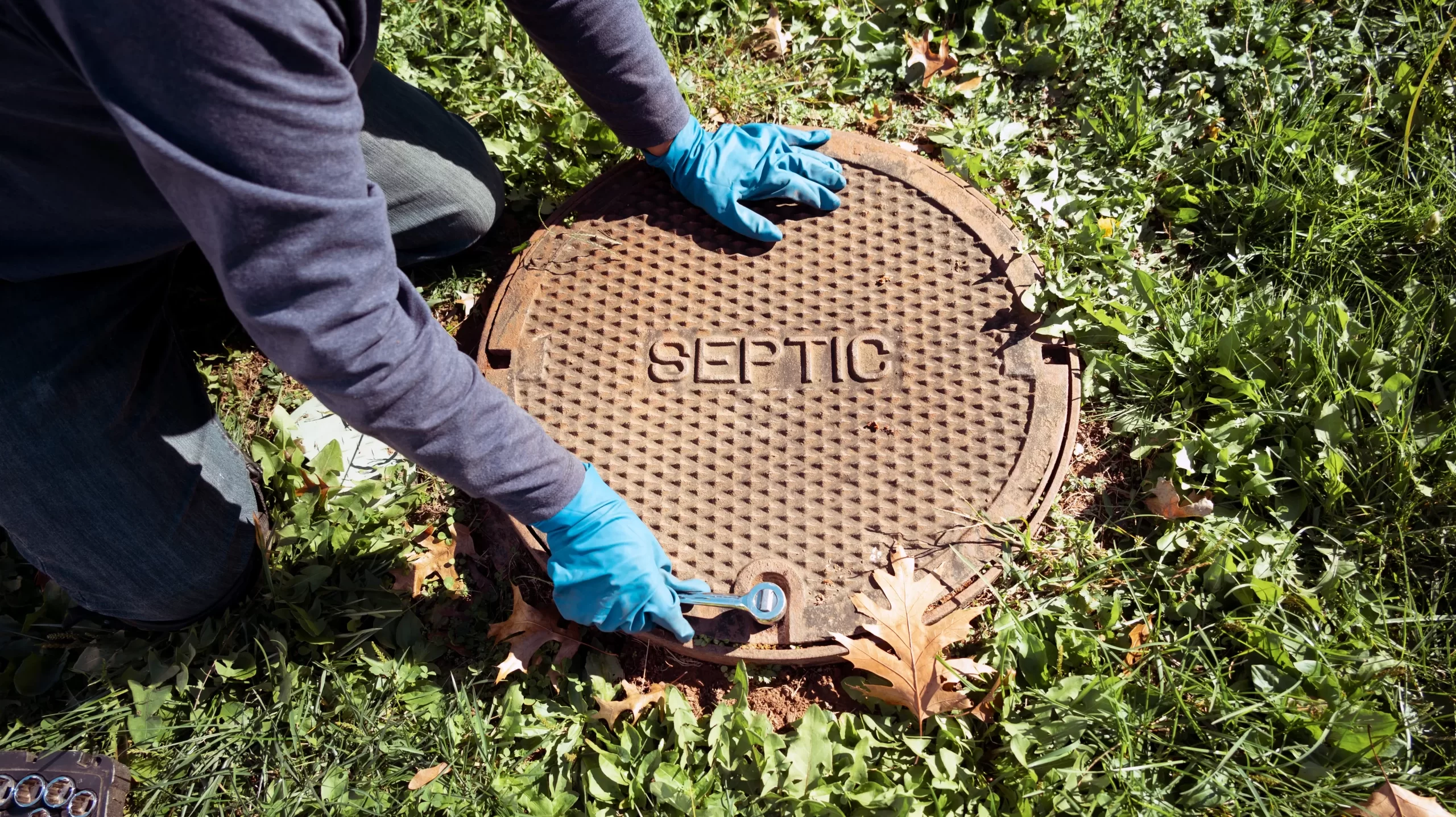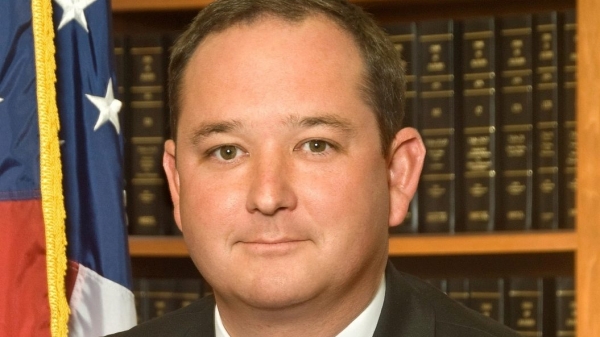|
Getting your Trinity Audio player ready...
|
The Alabama Legislature’s Joint Contract Review Committee approved a $1.16 million contract proposal between the Alabama Department of Public Health and the Black Belt Unincorporated Wastewater Program.
The contract adds ARPA funding and Black Belt counties to those stated in the original agreement to install more septic tanks. The contract, which was originally approved in early 2023, is now valued at $3.5 million.
In August, the committee delayed a contract with BBUWP over concerns about the involvement of Sherry Bradley, a former ADPH employee, working with the program.
The ADPH initiative to install septic tanks in Lowndes County was launched in response to concerns raised by an investigation from the Departments of Justice and Health and Human Services.
During the meeting, Rep. Chris Pringle, R-Mobile, praised ADPH for doing the best they could in this initiative.
“The Department of Health has been forced into this position by the Justice Department. We sent millions of dollars down to Lowndes County years ago, and the money disappeared. They didn’t fix their problems. So now the Justice Department is forcing these people into doing something they’re not really supposed to be doing,” Pringle said.
In Lowndes County, regular septic tanks often fail because of the area’s unique soil, leaving many people without proper sewage systems. The investigation found that the ADPH ignored serious health risks and enforced sanitation laws that would punish residents with criminal charges and financial loss.
This situation highlights the need for solutions that consider both environmental conditions and fairness for all residents.
During the meeting, Rep. Chris Pringle, R-Mobile, noted that some septic tank systems installed in Lowndes County have cost upwards of $40,000 and may not be going to residents needing them the most.
“The most expensive septic tank system they’ve already installed, over $40,000. I Googled the address. These people who couldn’t afford a septic system have an outdoor swimming pool in their yard,” Pringle said.
“Some of these addresses, they don’t exist. You can Google them, where they’ve put septic tanks in. They’re vacant lots. There’s no building on them,” said Pringle. “I feel for you. I think this is typical of Lowndes County. I think what you’re seeing is an organization that’s taking care of their friends and family and not really addressing the issue because it doesn’t make any sense.”
Earlier this year, ADPH began using the information it collects from an environmental health assessment created to analyze health risks related to sewage exposure from failing septic systems. The assessment was designed to help prioritize installations or repairs for those most at risk of being exposed to raw sewage.






















































